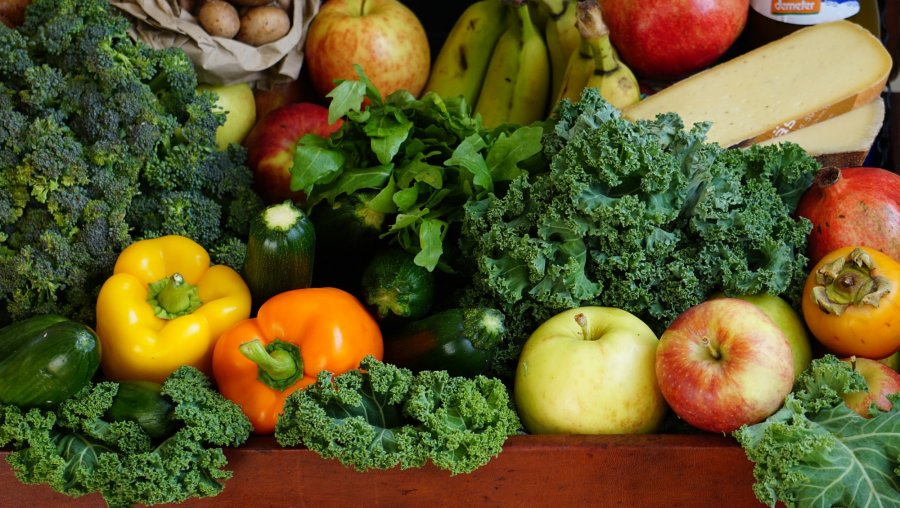There are hundreds of businesses, large and small in the catering industry, looking after our culinary needs.
If you’re the owner of a catering business, you’re probably on the lookout for ways to grow your business and increase your market share. One way to develop your business is by winning a public sector catering tender.
There are a huge number of catering tenders available as this is a service regularly outsourced by many organisations, e.g. schools, hospitals, care homes, festivals, airports, exhibitions, councils, offices, the armed forces. However, if your business is focussed on supplying sandwiches, you don’t want to waste time and resources tendering for a contract for fruit and veg deliveries.
So firstly you need to find a catering tender that applies to your business. All UK public sector tender opportunities, depending on their value, must be published either on the Find a Tender or Contracts Finder. You can search these databases using key words to find a tender appropriate to your business.
Once you’ve found that perfect tender (it’s only a matter of time!), what do you need to consider and how best should you answer the tender questions?
1. Check how the tender is structured
Check how the tender is structured. Is it split into different lots or are all the catering products and services grouped together? If the latter, be sure you can deliver all of the requirements. This is a good opportunity to demonstrate to the buyer how you will achieve excellent volume efficiencies to save them money. If they award the whole contract to you, how much will they save? Can you offer some added value incentives? Correspondingly, if you’re bidding for an individual lot, how will your business deliver better value than a bigger catering company capable of delivering all requirements?
2. Read all the tender documentation
You need to understand exactly what the buyer is looking for and whether you are able to meet all their requirements. If you or your products don’t have some of the accreditations, e.g. Red Tractor, MSC, Soil Association, Red Lion, Fair Trade, is this something you should be looking to change or invest in so you can tender for future similar opportunities? Check carefully whether having the accreditation is an absolute pass/fail, or whether there is opportunity to explain an alternative.
3. Food standards and quality assurance
Buyers will want assurances that all products are fit for purpose and comply with all appropriate Food Safety Legislation and regulations published by the Food Standards Agency.Can you show that you source your catering products from suppliers who satisfy UK Welfare standards? How do you package and label your products? Are they stored and delivered safely? Do you comply with Food Labelling Regulations and Allergen Regulations? Can you demonstrate staff training and qualifications in food safety? All of these questions are likely to be asked in any catering tender so its good to prepare these answers as soon as you can.
4. Timeliness
Timeliness of the delivery or preparation of catering products and services is of huge importance. How can you be sure you can meet the delivery timeslots and locations specified? Do you have evidence/statistics from previous contracts/clients that you can show to confirm you deliver on time? If you don’t have this sort of management information, consider implementing the systems into your business that enable you to capture it.
5. Supply chain and service robustness
Buyers want to be sure of an uninterrupted catering supply so you will need to demonstrate contingency in your supply chain and service delivery with multiple suppliers, sufficient stock levels, cover for absent staff, and transport options. Most tenders will ask about how you select and maintain relationships with your suppliers. Think about how you can show your selection processes are robust and demonstrate low risk to the buyer. Do you have a business continuity plan and is it fit specifically for your catering business?
6. Contract Management
To deliver the contract, there will be regular communication between yourself and the buyer, so you will need to demonstrate effective contract management processes and strong lines of communication. What technology do you use to manage your service delivery? How do you monitor your catering service delivery to ensure you are meeting the Key Performance Indicators (KPI’s) of the contract? What systems do you have in place for dealing with any problems or complaints? Provide as much as evidence of previous experience as possible, such as management information reports and adherence to SLAs (Service Level Agreement) and KPIs.
7. Environmental awareness
Due to the very nature of catering, you will need to demonstrate that your catering service has good environmental awareness, strict waste management procedures and that you are committed to a sustainable future, e.g. by composting kitchen waste, using re-usable containers for deliveries, using environmentally friendly consumables, and disposing of (minimal) waste in accordance with all relevant regulations. You are likely to need strong environmental policies and procedures. Can you provide evidence to support your commitments? e.g. calculation of your carbon footprint or volume of waste recycled/produced. The highest scoring tender responses will consider how this commitment will then help the buying organisation with their own environmental program. So, try to calculate specifically the environmental impacts of your service on the buyer – e.g. how much less waste will go to landfill?
8. Value for money
Buyers expect to save money by outsourcing their catering needs. Can you demonstrate how you can help reduce costs or increase efficiencies without affecting the level of service? Use real figures from your previous experiences where possible. How did you save your last 3 customers money over the course of their contracts? As a smaller business, you will also need to differentiate yourself from a bigger bidder that expects to achieve volume efficiencies (e.g. bigger company can buy in bulk). What evidence do you have to counteract that argument? Can you show that actually, on balance, your smaller business delivers much better long-term value?
9. Provide evidence
The buyer will want to be certain that you have the skills and experience necessary to provide the catering service requested. To provide the assurances they need, use case histories and testimonials, ensuring you include information on mobilisation, resourcing, timescales, communication, and most importantly the results/outcomes. Wherever possible, include facts and figures from where you have successfully delivered similar services to other customers in the past. The more similarities you can draw between what you have previously delivered and what the buyer wants, the better.




